Bibliography
The continuously updated interactive catalog began with the digitization of Montessori. International Bibliography 1896-2000, a text published in 2001 by the Opera Nazionale Montessori.
MORE INFOThe catalogue is now being updated and the search engine allows for flexible and customized consultation (e.g. by author, by title of a text/article, by year of publication, by time period, etc.). In order to piece back together the chronological sequence and the state of publication of Montessori’s works, all records of first editions mention subsequent editions (if any), translations and publications abroad.
The International Bibliography is an impressive piece of work comprised of 12,805 units of bibliographical information: single works, multi-volume works, collections, articles published in the form of abstracts, contributions to periodical publications. The Bibliography is an essential tool for quantitative and qualitative studies on the vast body of writings by and about Montessori, published in 58 countries and 37 languages.
A few figures from C. Tornar’s introduction will provide a sense of the geographical and cultural spread of Montessori’s intellectual and scientific endeavour. Of all publications by Maria Montessori published between 1896 and 2000, almost 33% appeared in Italy; 17.76% in Germany; 16.53% in the United States of America; 13.8% in the Netherlands; 10.16% in Great Britain; 10.16% in India; 7.29% in France; 5.75% in Spain, and 18.48% in other countries. These figures as well as the number of reprints/republications testify to the unabated interest in Montessori’s philosophy of education. Furthermore, between 1952 - the year of Montessori’s death - and 2000, as many as 8,769 publications appeared, or 81.5% of the total number published between 1896 and 2000. Moving now to publications about Montessori, again from 1896 to 2000, 43.18% appeared in Italy and 56.82% in other countries. Also significant is the percentage of publications produced in the United States alone: 33.3% of the total excluding Italy.
As early as the year 2000, the editor points out, the International Bibliography testified to a growing interest in a more objective and to-the-point study of Montessori’s thought, based on archival research and on a rigorous consideration of historical information. Other research approaches included an in-depth study of Montessori’s didactic suggestions in the light of the relationship between teaching and learning; a growing attention to a variety of dimensions of her thought ranging from cosmic education to education to peace and religious education; from the teaching of mathematics to the theory of the child’s mind. Noteworthy is also the increase in the number of experimental studies conducted in particular in the United States and using comparative analysis in order to test some of Montessori’s assumptions.
16204 risultati


